
Notorious Liberian Warlord Prince Johnson Dies at 72

Liberian warlord, senator Prince Johnson has died at the age of 72. Johnson was a notorious figure in Liberia’s civil wars from 1989 to 2003, particularly known for his role in the brutal execution of President Samuel Doe in 1990.
His death was confirmed today by officials from his party, the Movement for Democracy and Reconstruction, he died at the Hope for Women health centre in Monrovia. Johnson was born on July 6, 1952, in Nimba County, Liberia. He initially served as an officer in the Armed Forces of Liberia before joining the National Patriotic Front of Liberia (NPFL) led by Charles Taylor.
However, a rift with Taylor led him to form his faction, the Independent National Patriotic Front of Liberia (INPFL). In September 1990, Johnson’s forces captured President Doe, subjecting him to horrific torture and execution, which was infamously recorded on video. This act marked a pivotal moment that escalated the violence in Liberia, contributing to a civil war that resulted in approximately 250,000 deaths and widespread devastation.
The civil wars in Liberia were fueled by deep-seated political and ethnic tensions. Samuel Doe had initially come to power through a coup in 1980, overthrowing President William R. Tolbert. Doe’s regime was said to be marked by corruption and human rights abuses, particularly against the Gio and Mano ethnic groups from which Johnson hailed.
This discontent eventually led to the outbreak of civil war when Taylor’s NPFL launched an invasion from neighbouring Côte d’Ivoire in December 1989, leading to a chaotic struggle for power involving multiple factions, leading to intervention from other African countries.
The intervention of Nigeria in the war came as a result of an escalated humanitarian crisis, while the war was seen initially as an internal matter for Liberia. As the violence spread and the humanitarian situation deteriorated—with hundreds of thousands of refugees fleeing into Nigeria—Nigerian leaders at that time recognised the potential for regional instability. Fearing that unchecked violence could spill over into its borders, Nigeria shifted its stance and took a leading role in ECOMOG.
According to records, the Nigerian government deployed over 10,000 troops to Liberia and provided substantial financial and logistical support for the mission. This involvement was also motivated by Nigeria’s desire to assert itself as a regional power and to gain international credibility amidst its domestic challenges.
The estimated cost of Nigeria’s military intervention reached around $8 billion, with significant loss of life among Nigerian soldiers—between 500 and 1,000 were reported to have died during the operation.
Following the Civil Wars, Johnson transitioned into politics. He was elected as a senator for Nimba County in 2006 and became a significant political figure, known for his populist appeal despite his violent past.
He later became an evangelical preacher and opposed calls for a war crimes tribunal to hold individuals accountable for atrocities committed during the civil war. His political maneuvering included supporting various presidential candidates over the years, including Ellen Johnson Sirleaf and George Weah. Most recently, he backed Joseph Boakai in the 2023 elections.
Burkina Faso Authorities Dismantle Illegal Abortion Drug Network
About The Author
Related Articles
Kayode Peters, the Vision Behind Flatmates and a Nollywood Favourite, Passes at 47
Kayode Peters, the Nigerian filmmaker and director behind some of Nollywood’s most...
ByChinalurumogu EzeJuly 2, 2025Ghana Deports Nigerian National Convicted of Smuggling $100,000 in Counterfeit CFA From Togo
Ghanaian authorities have deported a Nigerian national, Aremu Adegboyega, after he was...
ByOluwasegun SanusiJuly 2, 20254 Years After Losing Accreditation, Burkina Faso’s August 4 Stadium Receives CAF Hosting Approval
Burkina Faso’s Stade du 4 Août in Ouagadougou has officially been approved by...
ByOluwasegun SanusiJuly 2, 2025Gilbert Chagoury: The Convicted Money Launderer Behind Tinubu’s Global Image and Domestic Ambitions
As President Bola Tinubu’s administration deepens its grip on Nigeria’s public institutions,...
ByWest Africa WeeklyJuly 2, 2025



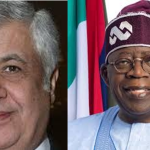

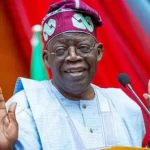



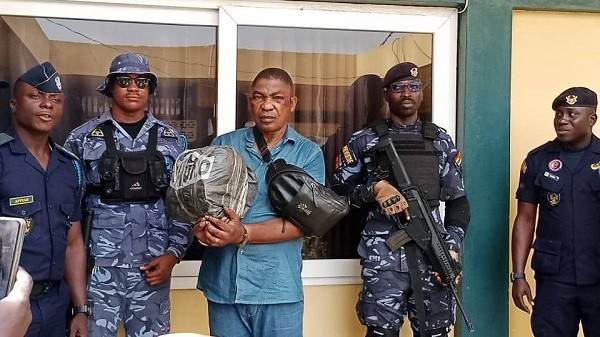
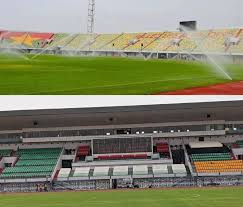
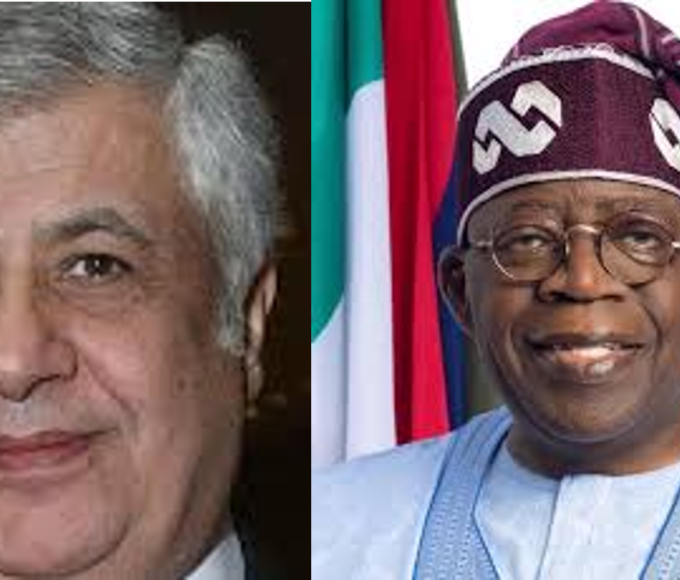
Leave a comment